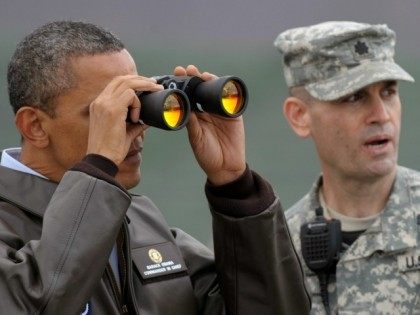Why Good Jobs Are Too Few, Wages Too Low
Americans are justified to be angry about the economic recovery. As President Obama enters his final year, good-paying jobs remain scarce, and family incomes are down about $1650 on his watch.
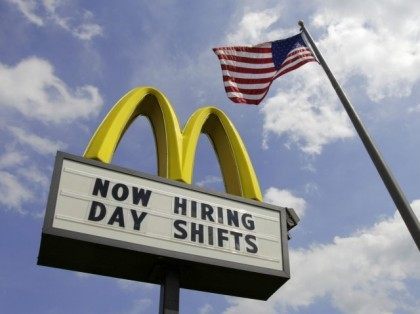
Americans are justified to be angry about the economic recovery. As President Obama enters his final year, good-paying jobs remain scarce, and family incomes are down about $1650 on his watch.

Hillary Clinton wants Americans to believe the economy does better with a Democratic president than a Republican in the White House—that is simply false.
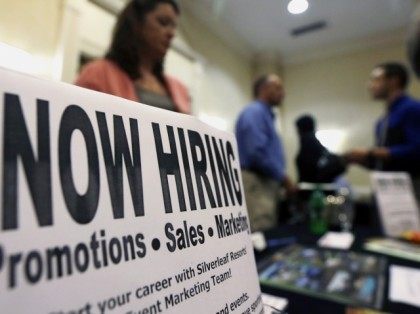
It’s time to put aside your troubles and celebrate. At Christmas, your creditors, competitors and even the neighbor who complains about your son’s electric guitar offers a smile and wishes you well.

The Federal Reserve is likely to raise the federal funds rate at the conclusion of its two-day meeting on Wednesday.
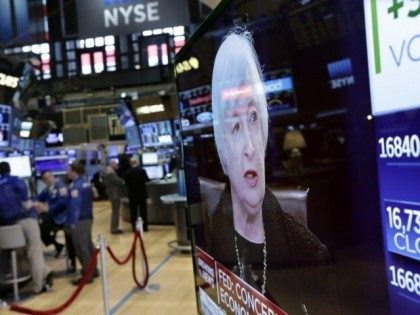
At the 2015 Paris Climate Conference (COP21), President Obama plans to sign another bad deal for America.
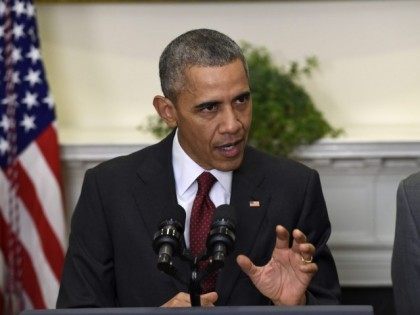
Terrorist attacks in Paris and elsewhere will have lasting corrosive consequences for Europe’s economies and the foundations of its democracies.

Terrorist attacks in Paris plainly illustrate U.S. and European efforts to thwart terrorism have failed, and a western ground force will be necessary to defeat ISIS.

President Obama’s justification for nixing the Keystone Pipeline was yet another example of Oval Office demagoguery—a destructive impulse also rampant among those vying to succeed him.
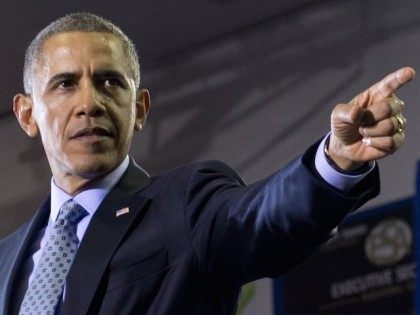
Friday, the Labor Department will issue another mediocre jobs report—private forecasters estimate 190,000 jobs were created in October—well below the 260,000 averaged in 2014.
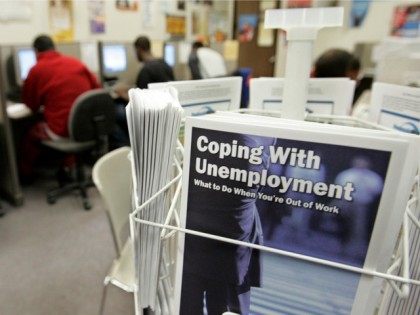
With Wal-Mart sales and profits falling, pundits are asking if the economy is again headed down. Hardly, like IBM and other business icons in trouble, the Arkansas retailer is simply being squeezed by better competitors—and mostly Americans—who herald a new age of American innovation.

The Federal Reserve should raise interest rates, because inflationary pressures are greater than most policymakers admit and the economy is nearing full employment.

President Putin’s decision to deploy aircraft in Syria and bomb opponents of President Assad may be “a recipe for disaster” as President Obama asserts, but it neatly exploits U.S. and western European vulnerabilities in the region. It also gives Russia leverage to undermine NATO and destabilize the oil-rich Middle East.

The recently slower pace of jobs creation likely takes an interest rate hike off the table when Federal policymakers meet in October, but a move is still in play for December.
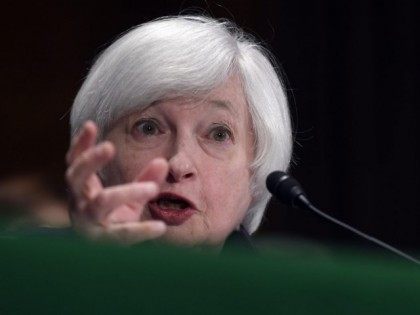
The Labor Department is expected to report Friday that the economy added 203,000 jobs in September, and that should further support Federal Reserve plans to raise interest rates before the end of this year.

The millions of refugees pouring into Europe should prove a boon to its slow growing economies. However, with unemployment so high in austerity burdened Mediterranean states, German eagerness to fill jobs with Syrians and other refugees is an indictment of the EU’s dysfunctional economy and cultural rigidities.

Presidential campaigns are supposed to be about America, or at least what voters want—not Donald Trump’s and Ben Carson’s clumsy statements and political correctness.
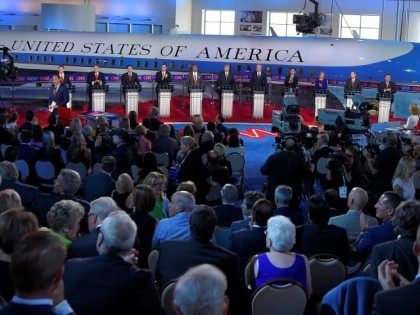
Since 2008, the Federal Reserve has kept the federal funds rate—the banks’ overnight borrowing rate—near zero. Now more confident about prospects for growth and inflation, policymakers are preparing to raise those short-term rates—perhaps at the conclusion of their two day meeting on Thursday or later this year.
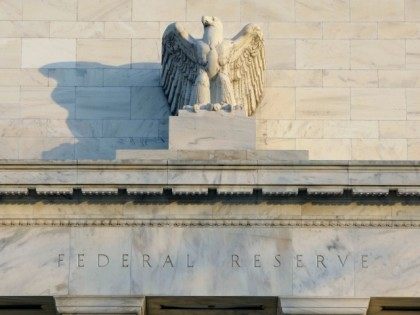
Analysts and investors have been searching for clues as to whether Federal Reserve policymakers will begin raising interest rates when they meet next week. However, globalization makes that decision a lot less important than in years past.
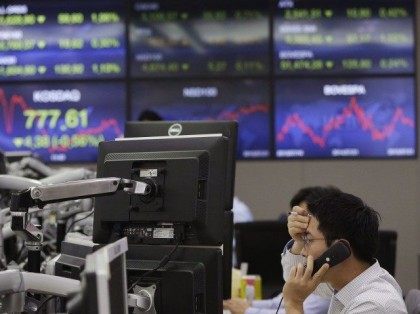
The Labor Department reported the economy added a disappointing 173,000 jobs in August. The unemployment rate fell to 5.1 percent largely because fewer Americans sought work.

U.S. stocks have endured a lot of turmoil but recent shocks have made apparent important facts about China and the shifting global economy long ignored by many analysts and investors. Those bode well for America and the bull market should soon resume.

The Labor Department reported the economy added 215,000 jobs in July. That’s well below the 260,000 monthly additions posted in 2014, and new employment opportunities and wage gains will continue depressed for the balance of this year and next.
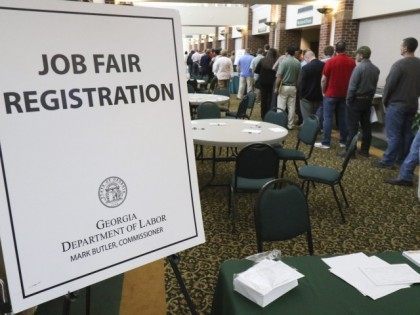
Beijing’s efforts to engineer a strong stock rally and the recent Shanghai market collapse have had quite limited effects on western markets, but going forward the fallout from Chinese market meddling will likely be less benign.

Congress should bite the bullet and raise the gas tax to fund highway repairs and construction, and it should make sure highway taxes are used for the roads, not to finance politicians’ pet projects and line union pockets.
Greece has committed to more austerity and arduous reforms to keep the euro, but success requires equally significant but unlikely changes from Germany.

The nuclear deal with Iran will unleash economic forces that make it unenforceable. Tehran will become the dominant economic and military power in the Middle East and, if it chooses, build nuclear weapons.

Prime Minister Tsipras has negotiated a third bailout for Greece with its Eurozone partners. The Greek Parliament should reject it, dump the euro and reintroduce the drachma.

Germany is using its size and wealth to compel its Eurozone partners to take a hard line toward Greece, but in the end, Germany has much to lose by forcing the Aegean nation to choose between more austerity and dumping the euro.

Sunday, Greeks should vote “No!”

Thursday, the Labor Department is expected to report the economy added 230,000 jobs in June. Hardly robust—monthly gains averaged 260,000 in 2014—but good enough to push the Federal Reserve to raise interest rates soon.

Greece and its principal creditors—the European Union, European Central Bank and International Monetary Fund—should acknowledge that Athens will never be able to repay the €131 billion it owes, write down its debt and let the Aegean nation exit the euro gracefully.

The Supreme Court ruling on King v. Burwell will soon decide whether the Affordable Care Act permits the federal government to subsidize health insurance premiums. Those should be struck down for both legal and economic reasons—and in simple fairness to most Americans who have found it makes no economic sense to buy health insurance through federal and state exchanges.

The ACA clearly states subsidies may only be paid to individuals who qualify on the basis of income, “through an Exchange established by the State.”
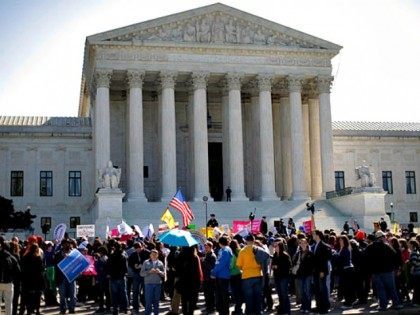
Greece will never be able to pay all it owes, and the sooner its principal creditors—the European Union, European Central Bank and International Monetary Fund—face reality, the better for everyone.

Federal Reserve policymakers meet Tuesday and Wednesday, and markets are looking for clues about when Chairwoman Yellen will raise short term interest rates. However, globalization makes that decision far less important for the economy and stock prices than in years past.

Congress should not grant President Obama authority to conclude another free trade agreement in Asia, because it would lower American wages and exacerbate income inequality.

Shaking off a severe winter and West Coast port strike, the Labor Department is expected to report the economy added 220,000 jobs in May. That’s well below the 269,000 monthly average for 2104, and a strong dollar, revived productivity growth and shortage of qualified workers will slow jobs creation going forward.

The strong dollar continues to drag down U.S. growth, complicating the Federal Reserve’s plans to raise interest rates and casting serious doubts on President Obama’s proposed free trade agreement with Asian nations.

The Federal Reserve is on track to raise interest rates later this year. Chairwoman Yellen has good reasons to push ahead, but she may not get very far in her quest to “normalize” rates.
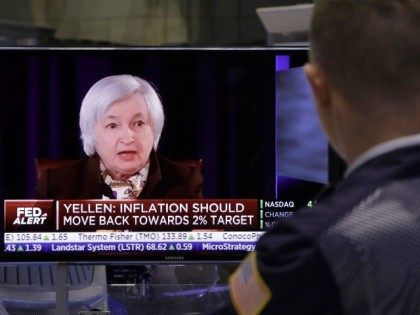
Demonstrators bent on forcing McDonald’s to dramatically raise wages are doomed to fail, but their rage is well founded and inequality requires much better solutions than boosting the minimum wage.
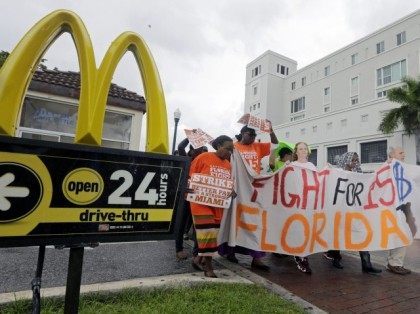
President Obama has proclaimed Hillary Clinton an effective Secretary of State. All along, it must have been the plan for Russia to seize the eastern Ukraine, Beijing to build airstrips and assert sovereignty over international shipping lanes in the South China Sea, and Iran to have nuclear weapons capabilities.
